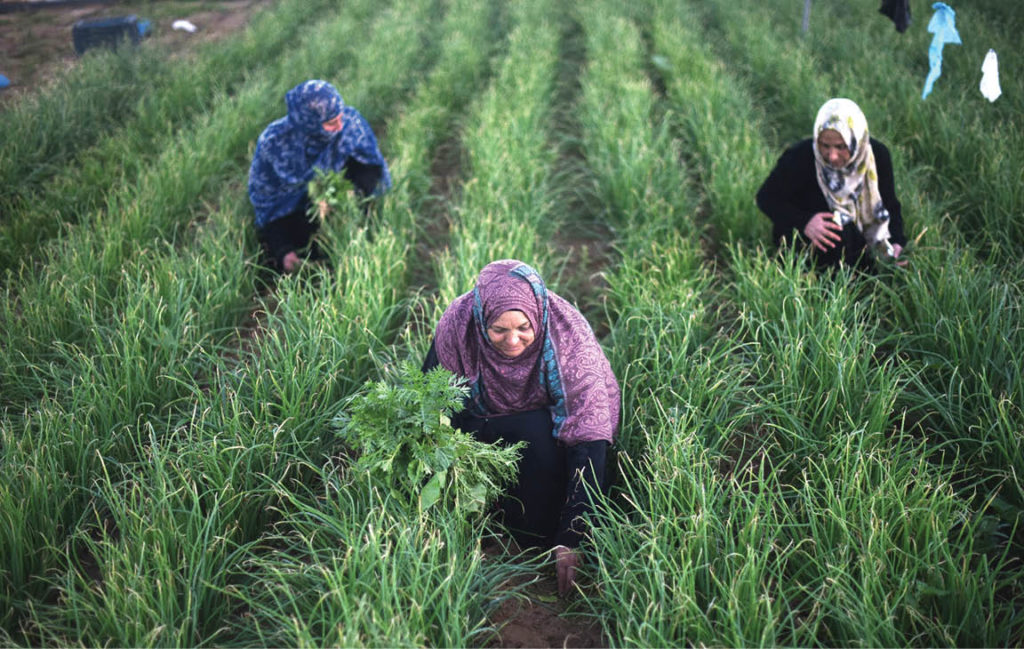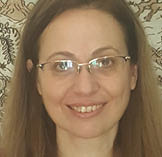Many statements I have heard from rural Palestinian women have begun with “I can, however…” I have researched the rights of women and girls for more than twenty years and carried out numerous needs assessments based on gender. This required extensive fieldwork and interviews of both men and women from various backgrounds, and I found striking how dis-aligned their views are regarding gender roles. The majority of the men acknowledged that women are very capable when it comes to caring for homes and families. They recognize that some of the heavier tasks must be performed by men due to their stronger physical abilities. Women, however, emphasize their ability to do many tasks that are currently reserved for men.
In 2019, based on a request by an international organization, I conducted a gender-based needs assessment in the rural sector, tracing the roles of men and women in all stages of rural production chains. I found that, increasingly, women are not only sharing in the agricultural work of family farms – a role they have been taking on as informal workers for ages – they are more and more carrying it out on their own, or with the help of their children. This happens because husbands are forced to seek work elsewhere as incomes generated from agriculture are reduced and insecure under difficult economic conditions, many of them related to the occupation. Women are asserting “We can” for all stages involved in the production, ranging from preparing the land, to planting, harvesting, sorting, and classifying products. Women’s contribution extends to the preparation of foodstuff for sale, such as cheese and pickling and more. But after completing these stages that require physical and psychological effort, they continue by saying “However, …”

This “however” concerns the communication with merchants and the engagement in markets, as sales and the related activities remain the domain of men due to the prevailing patriarchal culture that limits and restricts the movement of women and limits their freedom of decision making. Although women perform all tasks required to prepare the products – in addition to housework and caring for children, the sick, and the elderly – their husbands control the collection of the payoff. The majority of rural women interviewed throughout the West Bank and Gaza Strip expressed their deep dissatisfaction with this fact, irrespective of whether they came from the most conservative segments of society or had a progressive background.
Culture is used as a pretext to deny women the benefit of their work in contributing to the family income. Many rural women have demonstrated their presence and ability to negotiate and lead – if given the opportunity to take advantage of resources and privileges. How long will “However, …” obstruct women’s right to self-determination?!
Female community leaders are bringing social change to their families and communities, advancing the Palestinian community in general. Hearing women’s voices and including their practical experiences and success stories is essential for social change and economic development – and a national responsibility for every individual in our society.


